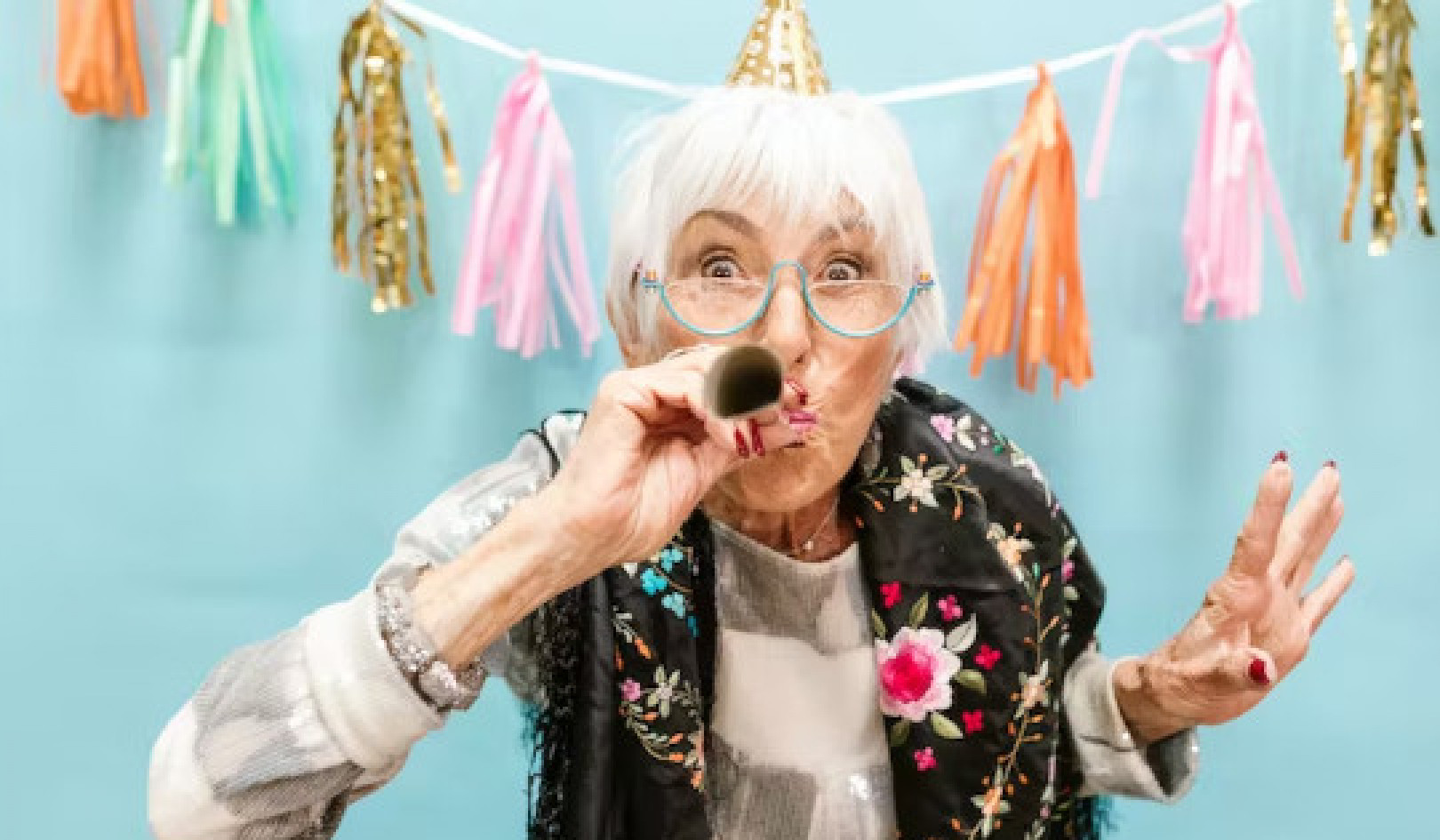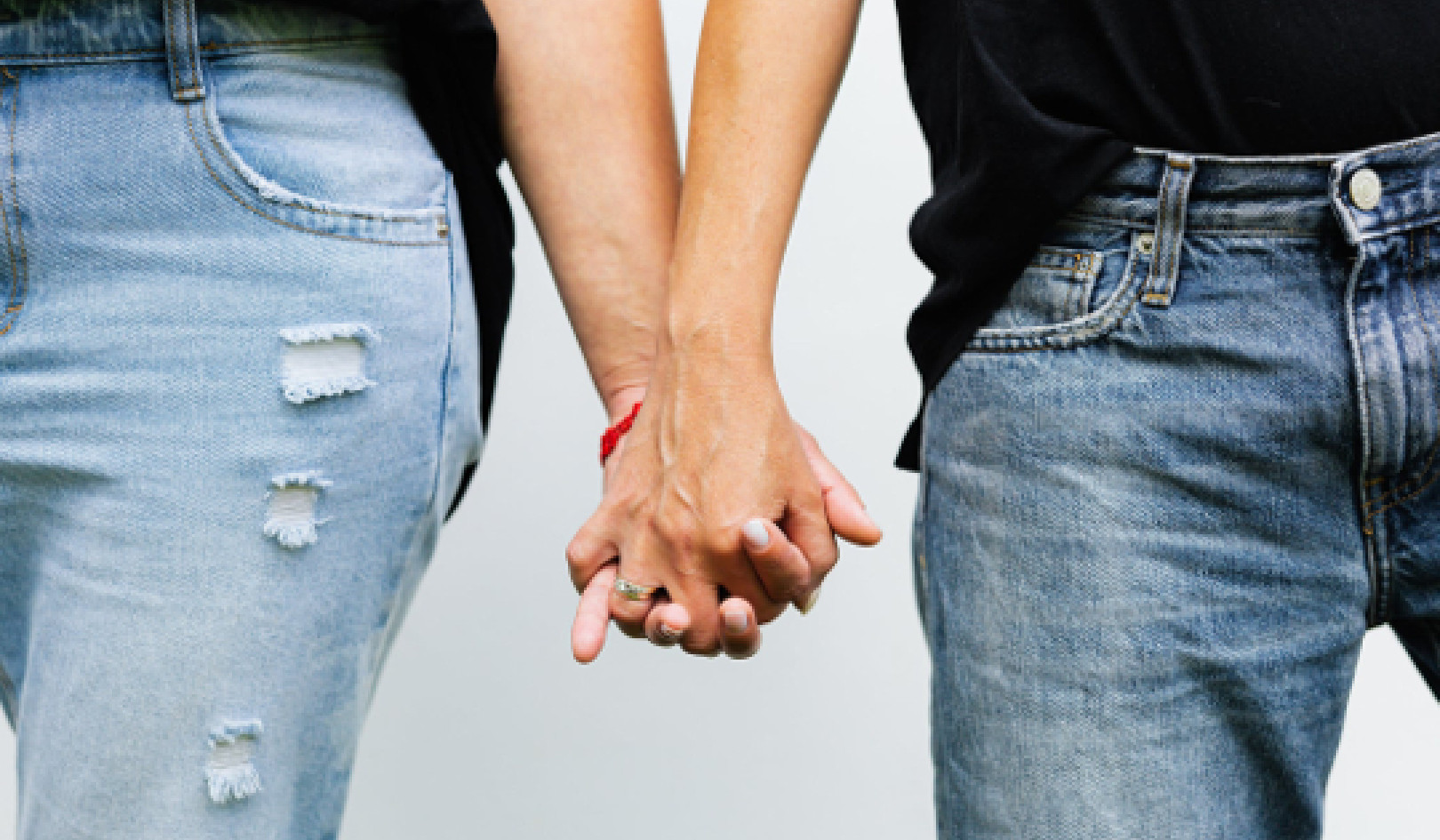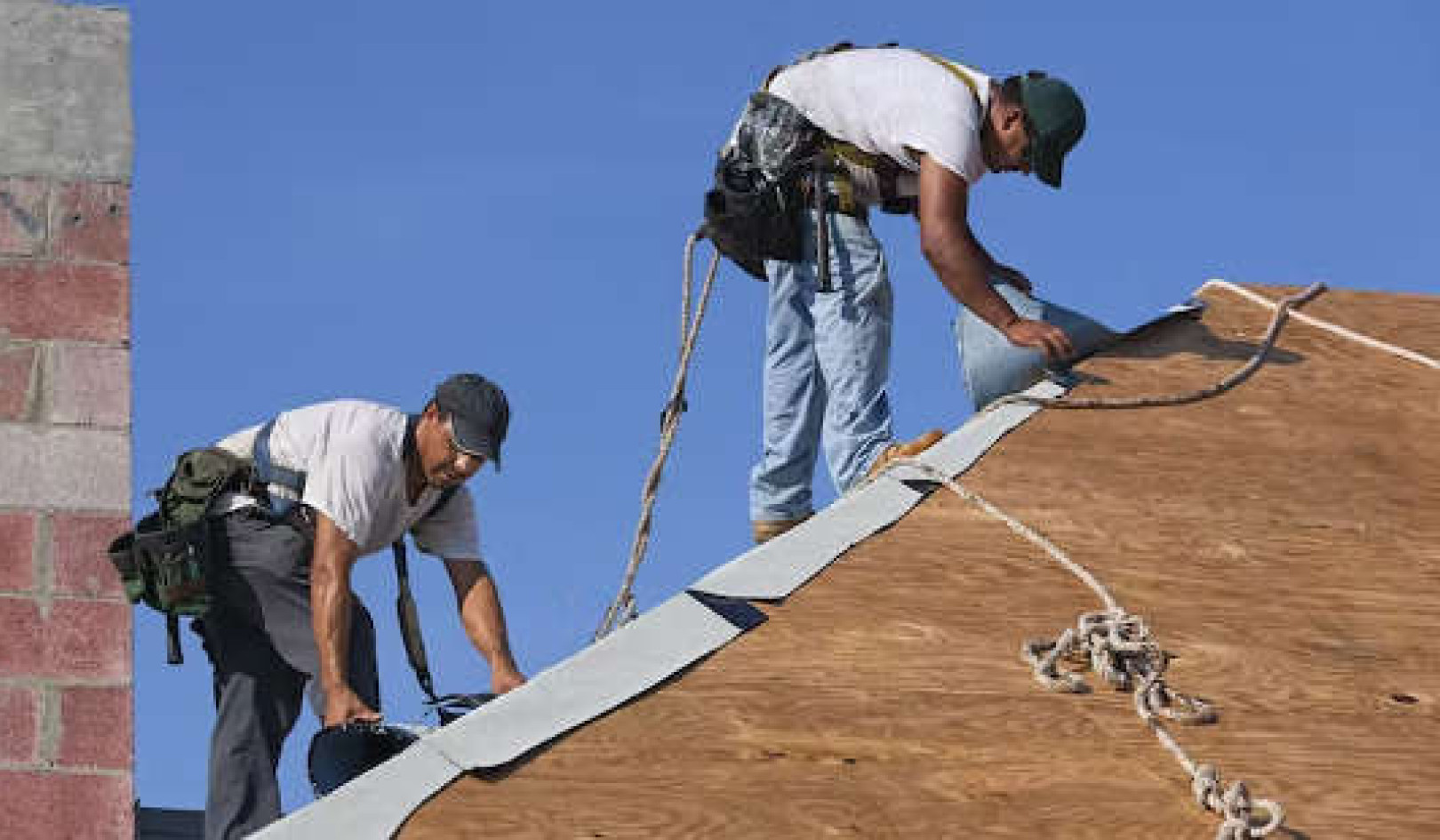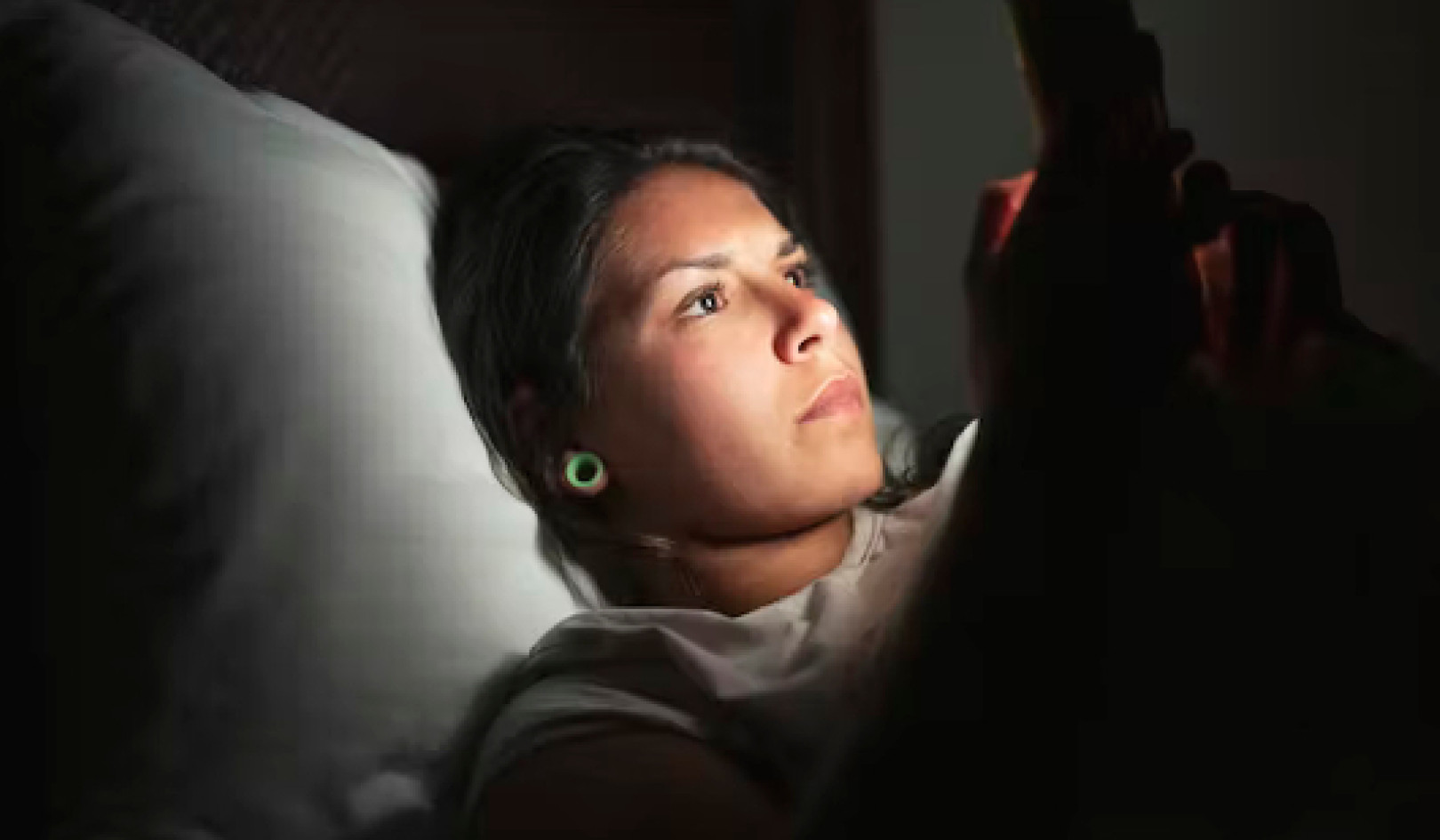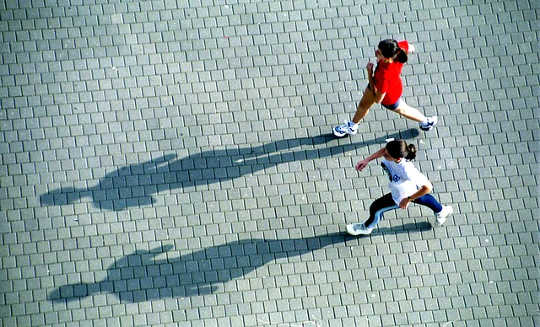
Passivity is about not listening and obeying the direction given by our inner knowing. Feeling passive is not having the energy, drive, or confidence to do what we know within is best.
Being passive developed as a pattern* for a really good reason -- we were avoiding feeling our emotions (especially sadness) and had to find some place to channel the sensations we were experiencing. Maybe dad was a tyrant and we felt like we had no choice but to be quiet and duck. Maybe our classmates laughed at us when we made a mistake, and we decided being shy was safer.
But today, we're grown up and need to handle situations in an adult manner. It's time to shed our meekness and stand up and be counted. It's a choice. Yes, it might take us out of our comfort zone, but not speaking up and standing up doesn't feel empowering.
Get Up, Stand Up, and Lovingly Assert Yourself
When we stand up and lovingly assert ourselves, we feel joy. We feel virtuous and good about ourselves because we are obeying our inner wisdom. When we choose complacency, we don't create a positive inner feeling. Instead, we feel hopeless, helpless, and unmotivated to act, and think we are unable to deal with what we have been dealt.
It's so much easier to put the problem on others by blaming and focusing on them. We revert to bitching and moaning about our circumstances and the people in it. All this outward focus keeps us from looking within to find what we can do to rectify a given situation.
This commonly happens with the couples I see in my private practice. They seem to have a PhD in finding the shortfalls in their partners, rather than look at what they themselves are doing that's keeping feelings of connection and intimacy at bay.
It also happens with politics. We blame the politicians and sit on the sidelines, ragging about what a corrupt system we have and how we can't do anything about it.
Owning Our Emotions and Dealing with them Constructively
Another pervasive way we skirt taking personal responsibility is by not owning our emotions and not dealing with them constructively. Instead of acknowledging our fear and shivering and shaking out the agitation that's going on in our bodies and minds, we entertain overwhelm and anxiety. This puts us in a state of paralysis and puts confusion center stage.
Instead of having a good cry, we revert to feeling bad about ourselves and repeat the old messages that affirm that we're losers, unlovable, or unworthy. And instead of moving the anger out of our bodies, we go around being critical, judgmental, and frustrated.
It's time to take personal responsibility for our lives and our wellbeing. Can you identify how you don't take personal responsibility?
Don't want to volunteer for a project that needs to be done? Do you make excuses why you didn't talk to your partner about the state of your finances? Do you procrastinate making a phone call for a doctor's appointment? Do you postpone visiting your in-laws?
Instead of automatically digging your heels in and thinking: “I don't want to... the outside world is making me do this," pause for a minute. This kind of thinking is an indicator of not accepting what is, of knowing you don't want to but "should." Like a child having a tantrum because she doesn't want to go to bed, you feel justified in stubbornly resisting. However, there is a price to pay, both within and for those around you.
Taking Personal Responsibility for Your Life
To spare yourself and your world from apathy, switch your thinking and take personal responsibility. The truth is "I am responsible for what I think, feel, say, and do" or "I'm responsible for my experience" or "I'm responsible for my life" or "I can do this." If you are complacent, I suggest you repeat one of these above "truths" a minimum of a dozen times a day, AND relentlessly interrupt your thoughts that justify taking the easy way out.
When it seems as though others are telling you what to do, or you're telling yourself how you should act and you feel resistance brewing, step out of your old thinking and ask yourself: What's the specific event or task? What do I know in my heart of hearts is best, is the high road, or will keep me aligned with my personal integrity?
You intuitively know what's right. It's an inner feeling. So listen and then follow through -- obey that guidance rather than defaulting back to your knee-jerk hopelessness, helplessness, and resistance. You'll be proud of yourself.
When you can't get a clear message about the proper course of action, ask yourself, "Is sadness, anger, or fear (or a combination of the three emotions) standing in my way? Pinpoint the emotion and deal with it constructively. Then you'll be able to sort out what you need to do and how to do it.
A Simple Formula: I Am Responsible for Myself
It's truly amazing how strong is the impulse not to deal with our emotions physically and naturally. The cultural and family messages that shame us from expressing our emotions are pervasive. It can feel embarrassing, seem inconvenient in the moment, and indicate weakness. However, I believe that owning and handling our own emotions is the ultimate act of taking personal responsibility.
If you follow this simple formula of remembering that you are responsible for your own self, you'll become a different, lighter, freer person. You'll treat your customers with kindness and build a positive atmosphere. You'll know that taking out the trash, without being asked, is the least you can do to help around the kitchen. You'll know when to call your aging parent and can do it openheartedly. You'll know when it's time to give an employee a raise. You'll know when to listen rather than argue. The possibilities are endless.
First Accept What Is,Then Figure Out How To Make A Difference
In terms of politics, I think it's healthier if we accept the way things currently are rather than shaking our heads and talking trash. From a stance of true acceptance, we can easily figure out how we can make a difference. Maybe it's by making a financial contribution to a cause we believe in. Maybe it's volunteering with a group that shares our positive viewpoints and values. Maybe it's simply voting!
If you begin to listen within and obey, you'll feel more joy, more love, and more peace. You'll get out of that selfish "me me me" mentality and experience the inner satisfaction of standing up and taking needed action in a constructive and loving way. Those around you will forever be in your debt.
*The tendency to feel, think, speak, and act passively is the fourth core destructive attitude associated with the emotion of sadness. You can click here if you're interested in seeing the layout of all twelve pairs of core attitudes.
©2018 by Jude Bijou, M.A., M.F.T.
All Rights Reserved.
Book by this Author
Attitude Reconstruction: A Blueprint for Building a Better Life
by Jude Bijou, M.A., M.F.T.
 With practical tools, real-life examples, and everyday solutions for thirty-three destructive attitudes, Attitude Reconstruction can help you stop settling for sadness, anger, and fear, and infuse your life with love, peace, and joy.
With practical tools, real-life examples, and everyday solutions for thirty-three destructive attitudes, Attitude Reconstruction can help you stop settling for sadness, anger, and fear, and infuse your life with love, peace, and joy.
Click here for more info and/or to order this book.
About the Author
 Jude Bijou is a licensed marriage and family therapist (MFT), an educator in Santa Barbara, California and the author of Attitude Reconstruction: A Blueprint for Building a Better Life. In 1982, Jude launched a private psychotherapy practice and started working with individuals, couples, and groups. She also began teaching communication courses through Santa Barbara City College Adult Education. Visit her website at AttitudeReconstruction.com/
Jude Bijou is a licensed marriage and family therapist (MFT), an educator in Santa Barbara, California and the author of Attitude Reconstruction: A Blueprint for Building a Better Life. In 1982, Jude launched a private psychotherapy practice and started working with individuals, couples, and groups. She also began teaching communication courses through Santa Barbara City College Adult Education. Visit her website at AttitudeReconstruction.com/
* Watch an interview with Jude Bijou: How to Experience More Joy, Love and Peace
* Watch video: Shiver to Express Fear Constructively (with Jude Bijou)
Related Books
at InnerSelf Market and Amazon























